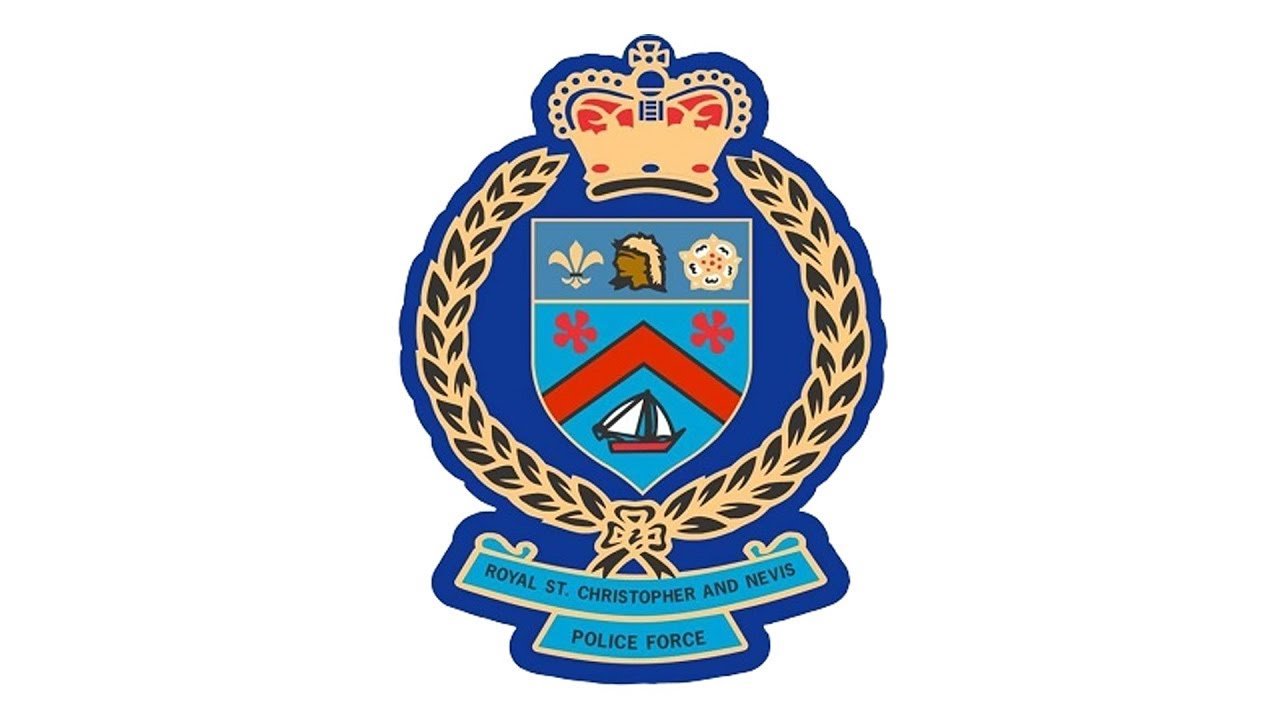Individual Indicted on Money Laundering Charges
Unraveling the Alleged Financial Deception: A Deep Dive into the Case of Girish ‘Kumar’ Hiranandani
The tranquil Caribbean island of St. Kitts was recently shaken by allegations of financial misconduct as Girish ‘Kumar’ Hiranandani, a resident of the upscale Fort Tyson Rise in Frigate Bay, found himself entangled in a web of charges related to money laundering and fraudulent credit acquisition. The charges stem from alleged activities that took place between December 25th and 27th, 2022, at Port Zante, a bustling commercial hub on the island. The gravity of these accusations has cast a spotlight on the vulnerability of financial systems and the persistent threat posed by individuals seeking to exploit them for personal gain. This in-depth analysis delves into the intricacies of the case, exploring the nature of the alleged offenses, the potential implications for the accused, and the broader context of financial crime within a tropical paradise.
The first layer of charges leveled against Hiranandani revolves around money laundering, a complex crime involving the concealment of the origins of illegally obtained funds. Money laundering typically progresses through three stages: placement, layering, and integration. Placement refers to the initial introduction of illicitly gained money into the financial system, often through seemingly legitimate transactions. Layering entails a series of complex transactions designed to obscure the money trail and further distance the funds from their criminal origins. Finally, integration involves reintroducing the laundered money into the legitimate economy, making it appear as though it was derived from legal sources. The specific details of Hiranandani’s alleged money laundering activities remain undisclosed, pending further investigation and legal proceedings. However, the very nature of money laundering suggests a deliberate attempt to obfuscate the true source of funds, potentially linked to other criminal enterprises.
The second set of charges against Hiranandani pertains to obtaining credit by fraud and false pretense. This offense involves acquiring credit through deceptive means, such as misrepresenting one’s financial status, providing false information on loan applications, or utilizing stolen identities. The implications of such actions can be far-reaching, impacting not only the lending institutions directly involved but also the broader financial ecosystem. The alleged fraudulent credit acquisition in this case raises concerns about the effectiveness of existing safeguards designed to prevent such activities and the need for enhanced due diligence processes within the financial sector.
The timing of the alleged offenses, occurring during the festive period surrounding Christmas 2022, adds another layer of complexity to the case. The heightened economic activity and increased transaction volumes characteristic of this time of year may have provided a smokescreen for Hiranandani’s alleged activities, potentially making it more challenging for authorities to detect the irregularities. Furthermore, the festive season often brings an influx of tourists and temporary residents to islands like St. Kitts, creating an environment that could be exploited by individuals seeking to engage in illicit financial transactions.
The charges against Hiranandani underscore the global nature of financial crime and the challenges faced by law enforcement agencies in combating it. Money laundering and fraudulent credit acquisition schemes often transcend national borders, requiring international cooperation and coordination among authorities to effectively investigate and prosecute the perpetrators. The case also highlights the importance of robust regulatory frameworks and proactive measures to deter such activities and protect the integrity of financial systems. The alleged offenses serve as a stark reminder of the need for constant vigilance and the ongoing evolution of anti-money laundering and anti-fraud strategies.
The legal proceedings against Hiranandani will undoubtedly unfold over an extended period, with the prosecution bearing the burden of proof to establish his guilt beyond a reasonable doubt. The defense will have the opportunity to present counter-arguments and challenge the evidence presented by the prosecution. The outcome of the case will depend on the strength of the evidence, the legal arguments presented by both sides, and the impartial judgment of the court. Regardless of the final verdict, the case has already raised significant concerns within the community and prompted renewed calls for strengthened measures to combat financial crime.
The case of Girish ‘Kumar’ Hiranandani stands as a cautionary tale, illustrating the potential consequences of engaging in illicit financial activities. It serves as a reminder of the importance of ethical conduct, transparency, and adherence to the rule of law in financial dealings. As the legal process unfolds, the details surrounding the alleged offenses will be further scrutinized, potentially shedding light on the intricate methods employed by those seeking to exploit the financial system for personal gain. The outcome of this case will undoubtedly have significant implications for Hiranandani himself and could potentially lead to broader reforms and enhanced regulatory oversight within the financial sector of St. Kitts and Nevis.
Share this content:












Post Comment